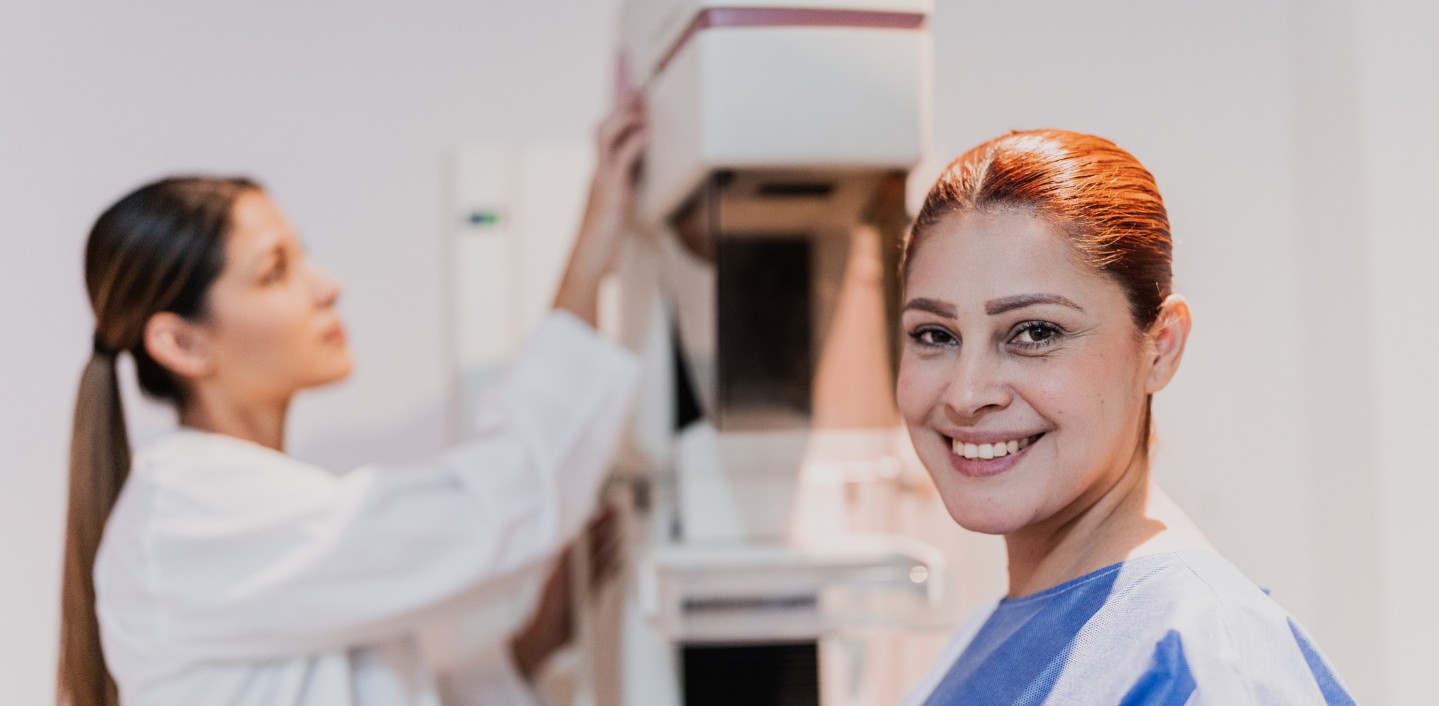Understanding the Holistic Care of a Women's Health Nurse Practitioner
FEB 10, 2026WHNPs consider the intricate interplay of physical, emotional, social, and spiritual factors that impact your health.
Read More
Whether you’re busy with work, raising kids or caring for elderly parents – or juggling all three responsibilities – a mammogram may be the last thing on your to-do list.
Women have plenty of reasons for skipping their yearly mammogram. Here’s five common excuses and some well-reasoned arguments for making time for this essential cancer screening.
No one wants bad news. Fear of finding out they have cancer is one reason women avoid mammograms. But what if getting a mammogram helped you save you from the worst news?
The simple fact is survival is higher when breast cancer is found before it spreads. Overall, the five-year survival rate for female breast cancer is 91%. That’s the power of early diagnosis.
Mammograms are the best way for females of average risk to find breast cancer early when it’s easier to treat, sometimes years before it’s big enough to feel or cause symptoms.
When should you get your first mammogram? It depends on your risk. According to the American College of Obstetrics and Gynecology, the current recommendations for women of average risk of breast cancer include the following:
Yearly mammogram screening starting at age 40.
Screening should continue until at least age 75.
Screening should continue as long as a woman is in good health and is expected to live at least 10 more years.
Average risk means you haven’t had chest radiation therapy before age 30 and you don’t have a personal history of breast cancer, a strong family history of breast cancer or a genetic mutation known to increase breast cancer risk.
If you’re unsure about your risk or when you should have a mammogram, talk to your provider.
A mammogram is an individual experience and everyone is different. For some, discomfort isn’t an issue, but everything possible is done to minimize discomfort. If you are concerned, tell your imaging professional. They care about your comfort and will do everything they can to ease your experience.
Fitting a mammogram into your busy day can be a challenge, especially if you have to take time off work or arrange childcare. Keep in mind, a mammogram generally takes less than 30 minutes and could potentially add years to your life.
To ease the process, look for convenient locations, extended hours and mammogram events. Consider making it a group activity with your best girlfriends and share a babysitter. Taking time for a mammogram is actually the most giving thing you can do for family members who want you around for as long as possible.
If you don’t have insurance or have a high deductible plan, cost can be a concern. Explore your options with your provider. MDsave.com, for example, can save an average of 50% of the cost of medical procedures like mammograms. There may be community organizations which can offer help as well.
It’s important to remember that mammograms hold the power to add years to your life. Make today the day you take this proactive step for your own health and for those you care about most. If you’re unsure about when or how to get a mammogram, talk to your provider.

WHNPs consider the intricate interplay of physical, emotional, social, and spiritual factors that impact your health.
Read More
Learn about the myths and facts surrounding pap smears and cervical health.
Read More
OAB is a common condition that causes a sudden, strong urge to urinate that is uncomfortable and may lead to leakage of urine.
Read MoreWhen you need local health information from a trusted source, turn to the CHI Health Better You eNewsletter.